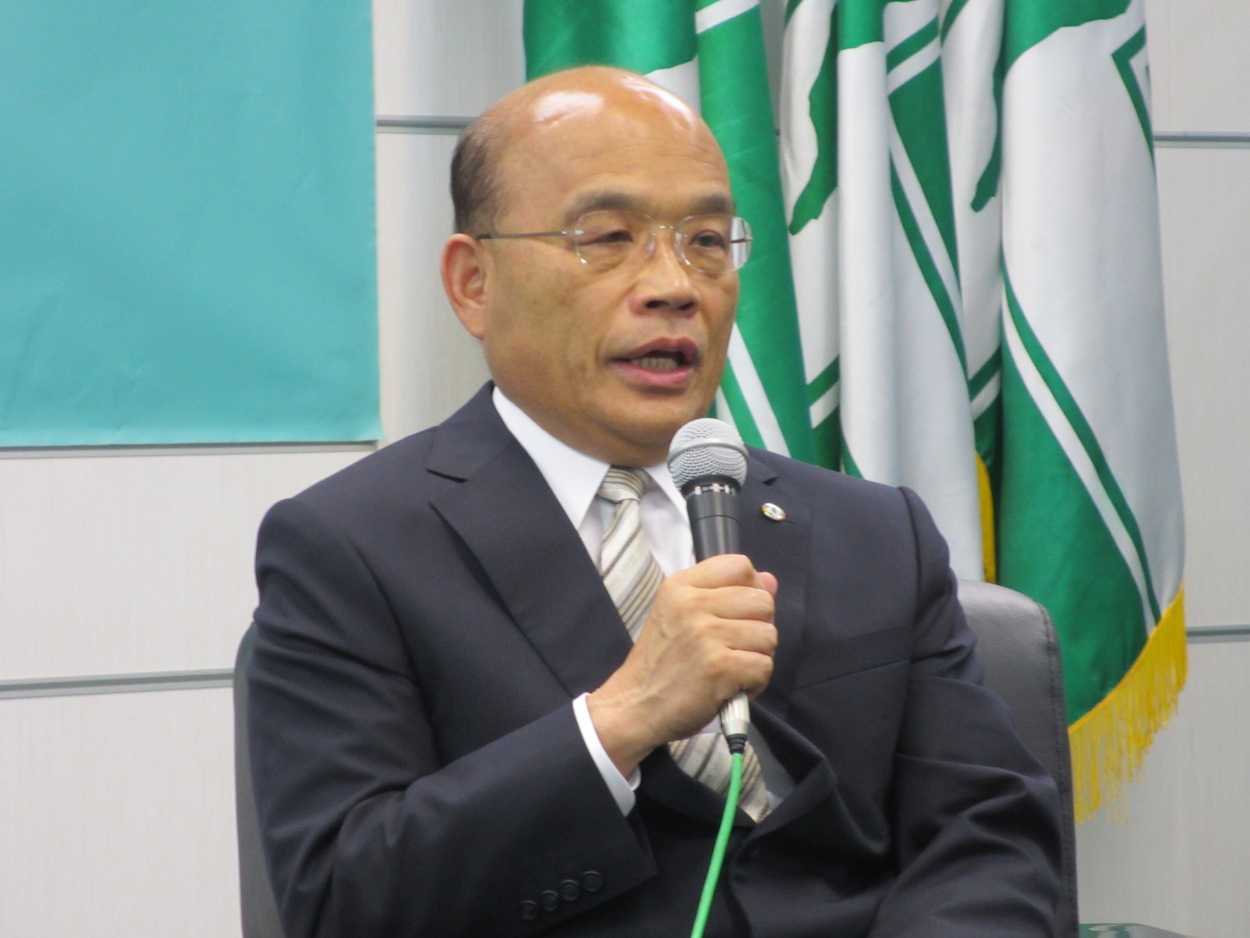by Brian Hioe
語言:
English
Photo Credit: james9052311/WikiCommons/CC
JUDICIAL REFORM will likely become an object of contention in the Legislative Yuan in the coming days and months, with different versions of a bill implementing a “lay judge” system set to be sent to the legislature from the Executive Yuan and Judicial Yuan. At the same time, judicial reform groups that call for the implementation of a full jury system will likely object to the new bill as still giving too much power to judges. The “lay judge” system has also been referred to as a “citizen judge” system in some English-language writing on the subject.
In particular, judicial reform groups have long called for the implementation of a jury system in Taiwan. The use of judges to make decisions on cases instead of juries has come under fire in past years, with frequent criticisms of “dinosaur judges” that were appointed during authoritarian times. “Dinosaur judges” are accused of making decisions based on personal bias, such as conservative, pro-KMT, or pro-China political views. “Dinosaur judges” are also accused of political corruption. As such, Taiwan’s judicial system is viewed as lacking transparency, or even corrupt by many members of the public.
 Premier Su Tseng-chang. Photo credit: VOA/Public Domain
Premier Su Tseng-chang. Photo credit: VOA/Public Domain
The Executive Yuan and Judicial Yuan’s versions of the lay judge bill specifies that for trials, six lay judges will serve alongside three career judges to make decisions for trials. Lay judges will be drawn from the citizenry, with Republic of China nationals over the age of 23 who have resided in a district for four months obligated to serve as lay judges for that restrict if called upon. A court president would act as a presiding judge.
In the Executive Yuan’s version of the bill, lay judges can participate in cases that involve a prison sentence of more than ten years, including homicide cases, and specifies that the lay judge system would begin to be implemented on January 1st, 2023. Differences exist between the two versions of the bill regarding how much cases would initially be tried using the lay judge system, with the Executive Yuan’s version specifying that 600 cases would be tried, and the Judicial Yuan’s version specifying 1,200 cases. The Executive Yuan takes the view that 1,200 cases would burden the judicial system regarding the introduction of a new system. The Executive Yuan’s version of the bill was signed off by Premier Su Tseng-chang last week.
Differences in the two versions also exist regarding whether evidence is to be presented to the defendants in three stages, or all at once. Yet one expects both versions to differ with regards to specifics, rather than the overall framework of the system.
The decision to pursue a lay judge system was after the National Congress on Judicial Reform, originally convened by Tsai Ing-wen in February 2017 to make recommendations on judicial reform, failed to come to any consensus regarding whether Taiwan should adopt a lay judge system or a jury system. Models studied included Germany and Japan, which use a lay judge system, and America, which uses a jury system. Five working groups that met every two weeks were convened and Tsai called for judicial reform to be fast-tracked. However, one year after its formation, judicial reform advocacy groups later leveled criticisms at the Tsai administration for failing to take sufficient action to heed the recommendations of the congress.
The lay judge system is seen by many as a middle ground between the present judge system and a full jury system. The Judicial Yuan has released survey statistics claiming that the majority of the public prefers a lay judge system, while judicial reform groups in favor of a full jury system have released statistics claiming otherwise.
 Photo credit: Jiang/WikiCommons/CC
Photo credit: Jiang/WikiCommons/CC
Concerns have been raised from judicial reform groups in favor of a full jury system, such as the Taiwan Jury Association, that the version of the lay judge system called for by the Executive Yuan and Judicial Yuan still privileges the power of judges over members of the citizenry. Consequently, such groups claim that the shift to a lay judge system is merely a “false” way to address the demands of judicial reform while actually protecting the power of judges. Some take the view that the judicial establishment, inclusive of “dinosaur judges” is acting to defend itself by pushing for the implementation of lay judges, rather than a full jury system.
With the bill slated to come under discussion in legislature, one expects further political contention regarding the issue going forward. Either way, one expects substantial shifts in the judicial system to occur sometime within the next few years on the basis of legislation currently under discussion.

